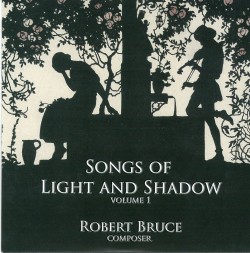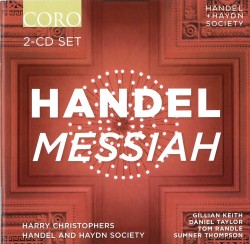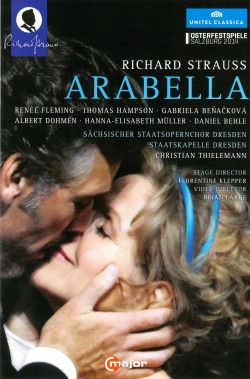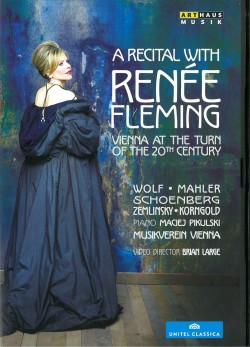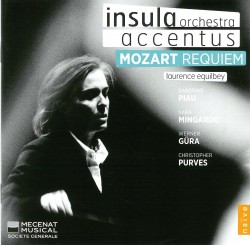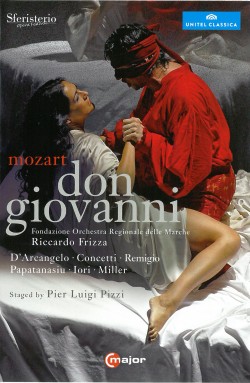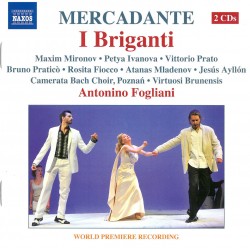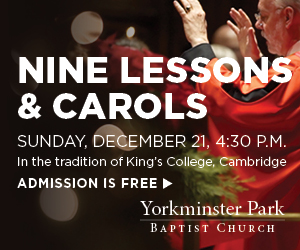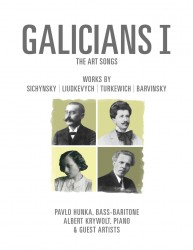 Galicians 1: The Art Songs
Galicians 1: The Art Songs
Pavlo Hunka et al.
Ukrainian Art Song Project (ukrainianartsong.ca)
For the past decade the British-born bass-baritone Pavlo Hunka has made it his life’s work to share the art songs of his Ukrainian heritage with the entire world. In partnership with Roman Hurko, composer, opera director and producer, he has previously recorded three CDs of this repertoire and has recently unveiled a 6-CD collection of music from the Galician (Western) region of Ukraine with even more yet to come.
The first disc in this set also serves to introduce us to the team of celebrated Canadian vocal artists that has given life to this ambitious project. In addition to Hunka’s own powerful voice, they include sopranos Monica Whicher, Nathalie Paulin and mezzo-soprano Krisztina Szabó, tenors Benjamin Butterfield and Colin Ainsworth, and baritone Russell Braun, with additional support from pianists Carolyn Maule and Serouj Kradjian. This initial volume is devoted to the art songs of Denys Sichynsky (1865-1909) which date mainly from the twilight of romanticism. They are typically declamatory, earnest minor key laments with often quite elaborate keyboard parts, dispatched with panache by the expert pianist Albert Krywolt, who accompanies the lion’s share of the songs in this anthology.
The long life of Stanyslav Liudkevych (1879-1979) requires two CDs to tell his story. Though the majority of the 28 songs on offer date from the early 20th century, the composer was still active into the mid-1960s. His harmonic language is often daring and freely modulatory and the ingenious textures of his piano accompaniments suggest an orchestral conception. Eclecticism aside, it’s nonetheless clear that a major talent is on display here. The first CD is so totally dominated by male voices that the sole exception sung by Nathalie Paulin comes as quite a relief. Fortunately the second CD is more judiciously shared between the genders.
A tragic figure, Vasyl Barvinsky (1888-1963) was the director of the Lysenko Institute of Music and its successor institution the Lviv Conservatory and maintained a commanding profile both locally and internationally. In 1948 however, political intrigues brought him crashing to earth. He was arrested, his musical scores were publicly burned in the Conservatory courtyard and he was sentenced to spend the next decade toiling at a labour camp in the backwaters of Mordovia. He spent the remainder of his life attempting to reconstruct his musical legacy, which is stylistically indebted to Debussy yet always strikingly lyrical. Fortunately compositions he had considered lost forever are slowly coming to light from Western sources. The majority of the selection of 17 songs are shared between Hunka and the excellent soprano Szabó and include some beautifully rendered violin passages by Annalee Patipatanakoon.
Though described as a “modernist,” there is little to fear from the passionate and often deeply autobiographical music of Stefania Turkewich (1898-1977). Stylistically it does not go far beyond the extended tonality of the earliest works of Alban Berg. A pupil of Barvinsky, she went on to study with Schoenberg and Schreker in Berlin in the 1920s and subsequently worked in Lviv. Acclaimed as the first Ukrainian woman composer, she emigrated to England in 1948, where she sought recognition in vain within the intensely insular post-war British musical establishment. Hunko and company make just emends for her neglect in this extensive selection of 20 songs, including two winning and resolutely tonal English-language nursery rhymes.
A sixth compilation disc completes the set. The recordings are accompanied by a lavish booklet with texts and translations in four languages. Seamless and consistent audio editing throughout is credited to veteran producer Doug Doctor at the helm in Glenn Gould Studio. A most welcome and innovative aspect of the project includes making newly engraved editions of the scores of these neglected gems freely available through ukrainianartsong.ca. The album may also be ordered there as well as through iTunes.
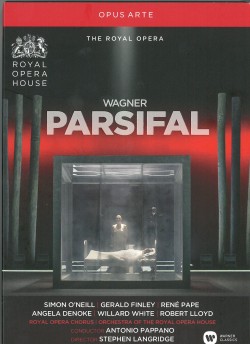 Wagner – Parsifal
Wagner – Parsifal

